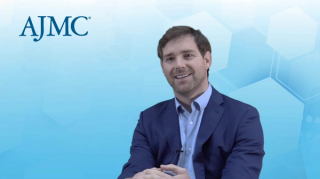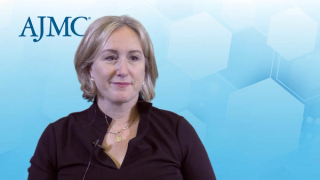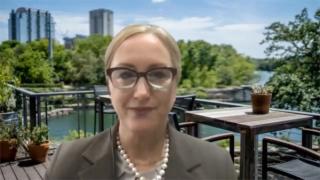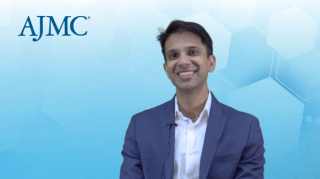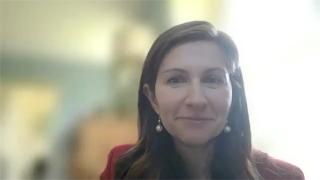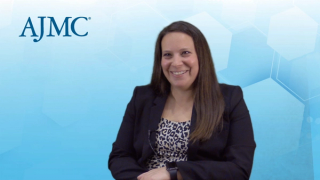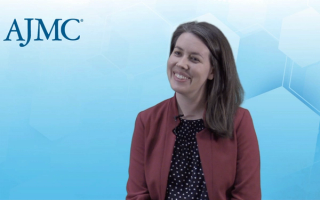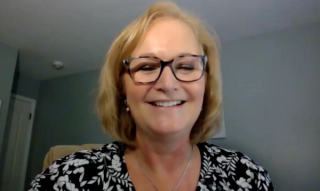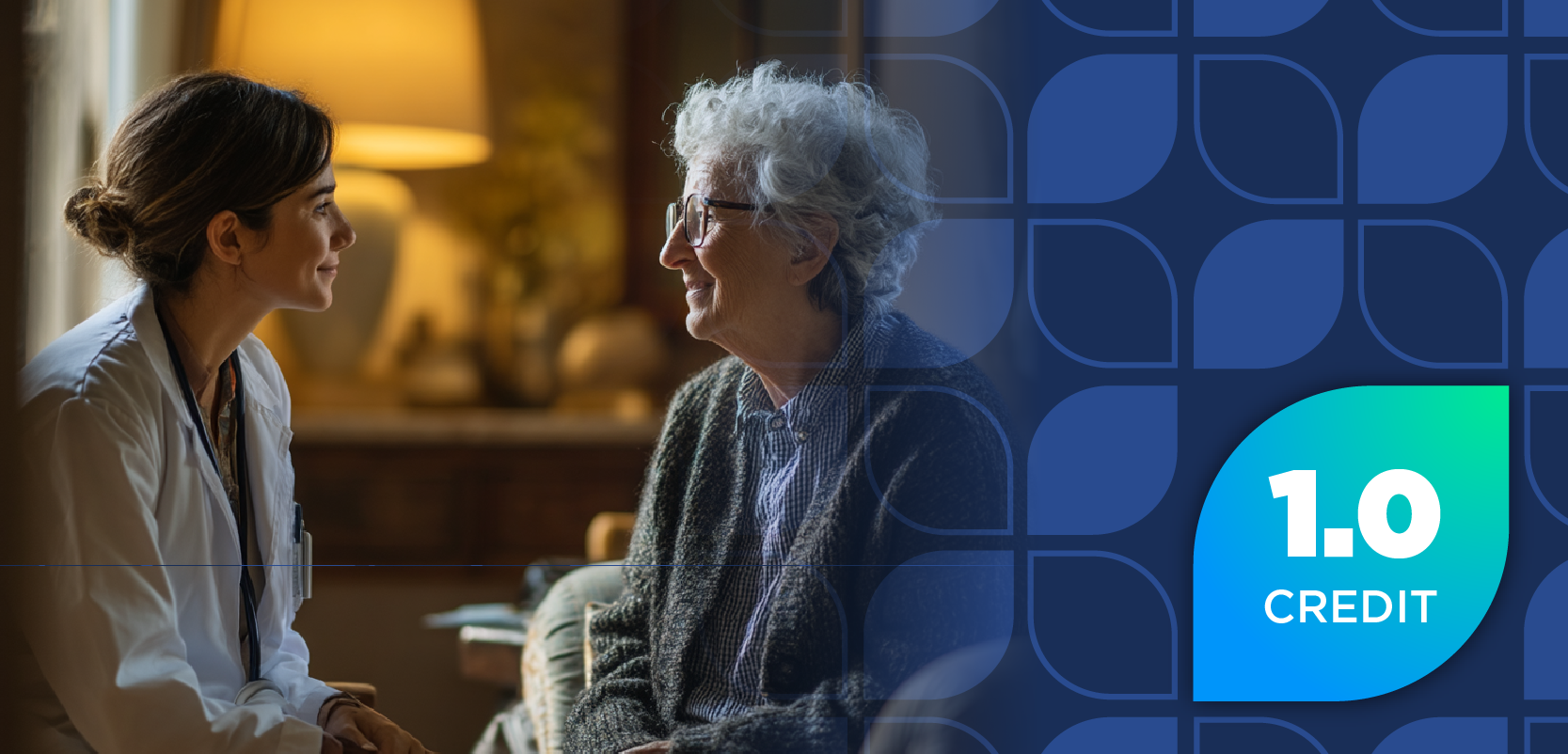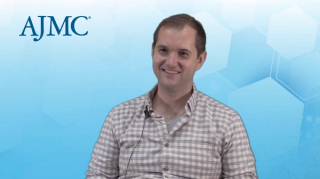
Oncology
Latest News


ASCO Spotlight With Ravi B. Parikh, MD, MPP: Can Nudges Increase the Number of Serious Illness Conversations in Community Oncology?
Latest Videos

CME Content
More News

At a panel for the National Health Alliance, 3 experts talked about incorporating patient needs and requests in cancer care.
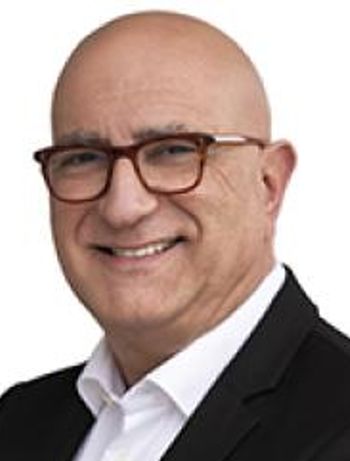

Why "tech-enabled" solutions make sense and how the Music City became the a health care hub.
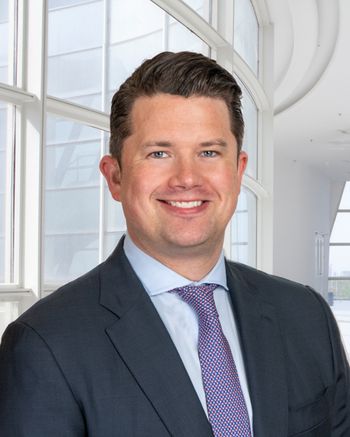
Nathan H. Walcker, MBA, CEO of Florida Cancer Specialists & Research Institute (FCS) since August 2020, discusses the future of value-based care for the practice as the Oncology Care Model comes to an end.
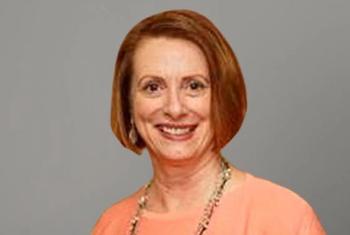
Amy Valley, PharmD, vice president of clinical strategy and technology solutions, Cardinal Health Specialty Solutions, discusses the Decision Path, a clinical support tool designed to inform oncology providers about drug costs along with clinical information, all embedded into the electronic health record workflow.
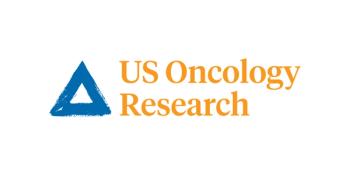
Four experts from The US Oncology Network partnered with The American Journal of Managed Care® to present a webinar, “Beyond the OCM: How Are Commercial Payers & Employers Delivering Value-Based Cancer Care?”
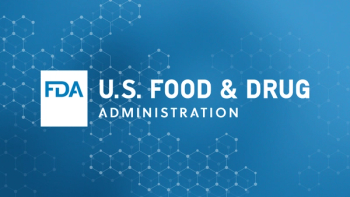
The FDA is faster to approve new oncology therapies compared with the European Medicines Agency (EMA); but that speed may have consequences.

Despite a greater risk of cardiovascular disease (CVD) due to exposure to chemotherapy and/or radiation, adult survivors of childhood cancer are undertreated for CVD risk factors compared with the general population.
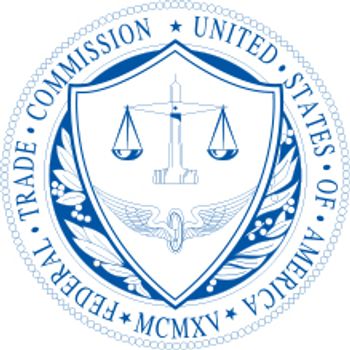
As part of its inquiry, the Federal Trade Commission (FTC) will demand that the 6 largest pharmacy benefit managers (PBMs) submit records and answer questions regarding their business practices.

The approvals were announced by Bristol Myers Squibb (BMS), maker of the 2 immunotherapy treatments approved for 1 combination: nivolumab (Opdivo), the first approved PD-1 immune checkpoint inhibitor, and ipilimumab (Yervoy), which activates the immune system by targeting CTLA-4.

The dysfunction with pharmacy benefit managers (PBMs) is so troublesome that the Federal Trade Commission (FTC) is currently investigating how they have driven up costs. Until May 25, the FTC is holding a public comment period on PBM practices.

Across commercial insurance, Medicare, and Medicaid populations, oncology is the top category of spend, and the drug pipeline has increasing specific and complex therapies.

Assessing Surveillance Utilization and Value in Commercially Insured Patients With Colorectal Cancer
Trends in surveillance testing after treatment for colorectal cancer remained relatively stable recently, and patients who overutilized surveillance measures had quicker recurrence detection but higher costs.

The proportion of colonoscopies performed for postpolypectomy surveillance has increased significantly, particularly among older patients with limited life expectancy, raising concern for possible overuse.

Among the fewer than half of patients with cancer who received opioid fills, a relatively small proportion (2.5%) had potentially problematic opioid use.

The FDA sets a tentative date for a decision on authorizing a COVID-19 vaccine in children under 5 years of age; the American Academy of Pediatrics will review all of its guidance for unproven race-based recommendations contributing to health disparities; the FDA rejects 2 China-tested cancer treatments.

Although crowdfunding can be a financial lifeline for young adult patients with serious medical conditions, the nuances regarding the need for and the long-term impact of crowdfunding exposes a facet of the US health care system that must be addressed.
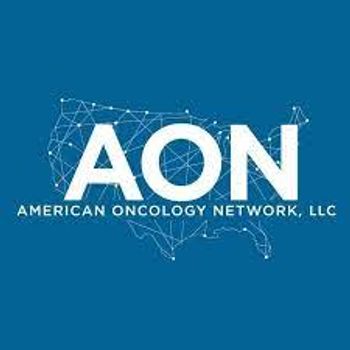
The CEO of the American Oncology Network cited the growing need for financial assistance in announcing the partnership.
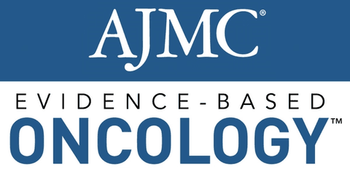
From the editor-in-chief of Evidence-Based Oncology.

Coverage from the Association of Community Cancer Centers 2022 Annual Meeting and Cancer Center Business Summit, held in Washington, DC, March 2-4.
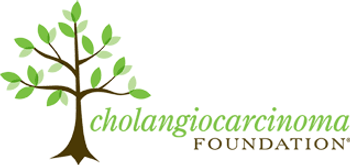
Coverage from the 2022 annual meeting of the Cholangiocarcinoma Foundation, which met February 23-25 in Salt Lake City, Utah.
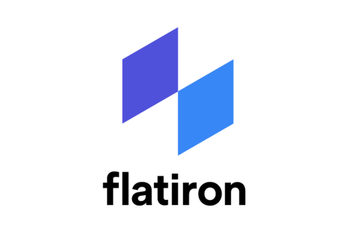
Recent steps by FDA to promote the use of real-world evidence are to be commended, but the future demands a broader vision that makes greater use of growing sources of health care information.
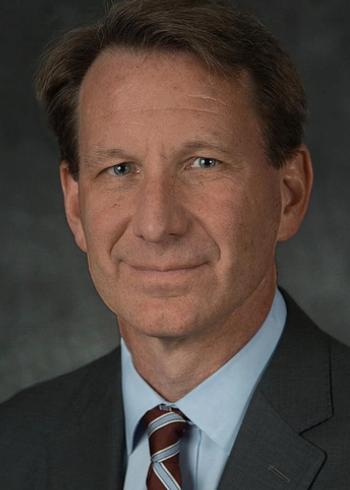
Norman E. “Ned” Sharpless, MD, is departing shortly after the launch of Cancer Moonshot 2.0, an initiative that aims to reduce the cancer death rate by at least half over the next 25 years while improving the experience for all those affected by cancer.

No One Left Behind, a program to provide financial assistance and access to cancer care at Carolina Blood and Cancer Care Associates in South Carolina, will be discussed during a session of the Community Oncology Alliance 2022 Community Oncology Conference.




